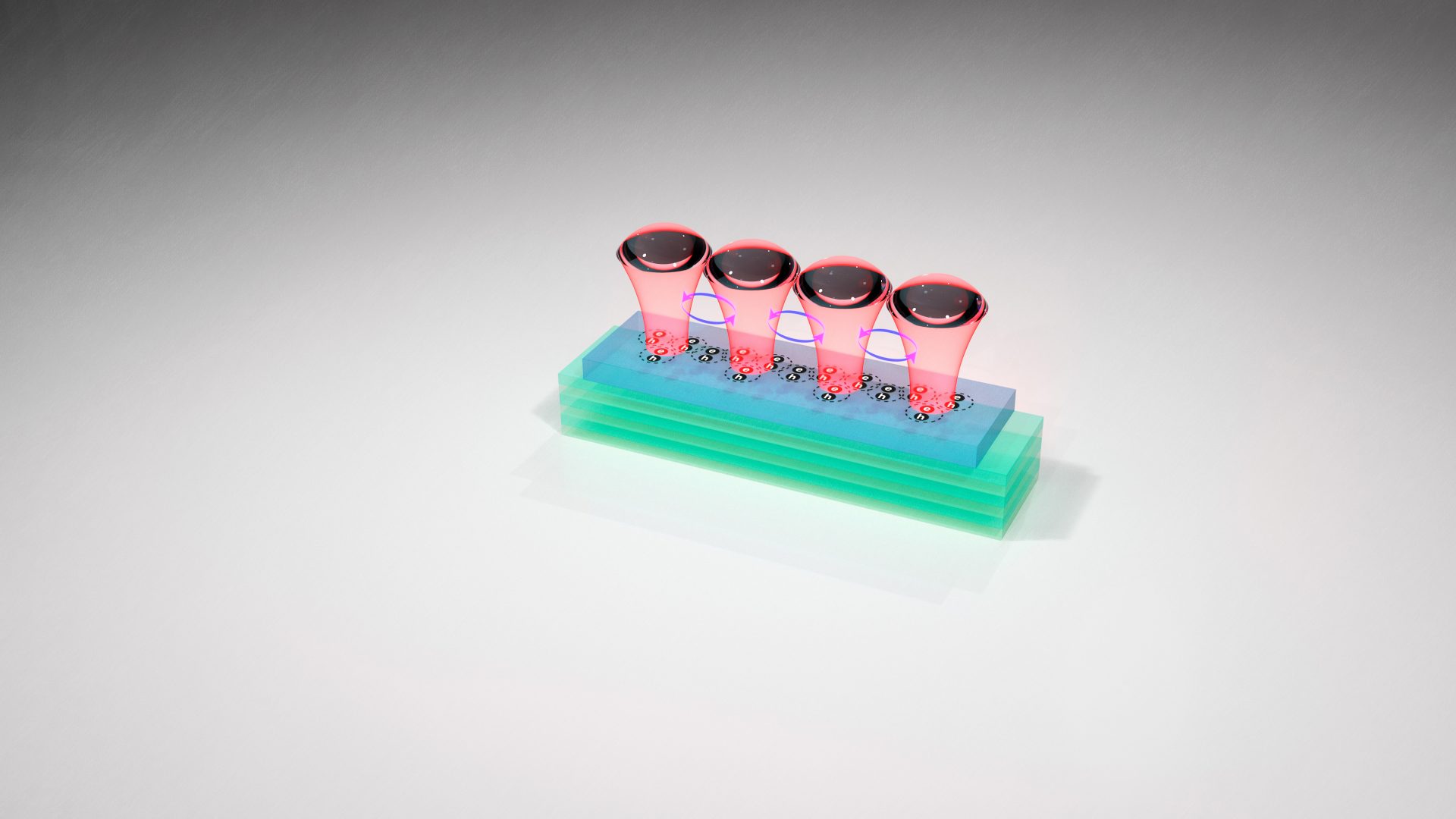
Research activities Interacting Photons
Free-space photons are ideal information-carriers, but they do not mutually interact and this limits our ability to control light with light. This limitation can be circumvented by strongly coupling photons to interacting quasi-particles such as excitons. The emergent hybrid light-matter quasi-particles, known as polaritons, mutually interact and give rise to a nonlinear response. In this sense, polariton systems enable effective photon-photon interactions.
In the Interacting Photons group, we harness photon-photon interactions to investigate phenomena emerging from the interplay of optical nonlinearity and noise. We use organic and inorganic nanostructured materials combined with open-access microcavities enabling fine control over the exciton-photon coupling. Our fundamental interests include critical phenomena (out-of-equilibrium phase transitions), noise-assisted photon transport in driven-dissipative systems, and quantum simulation. We are also interested in applications of interacting photonic systems, e.g. optical memories, switches, and quantum networks.

